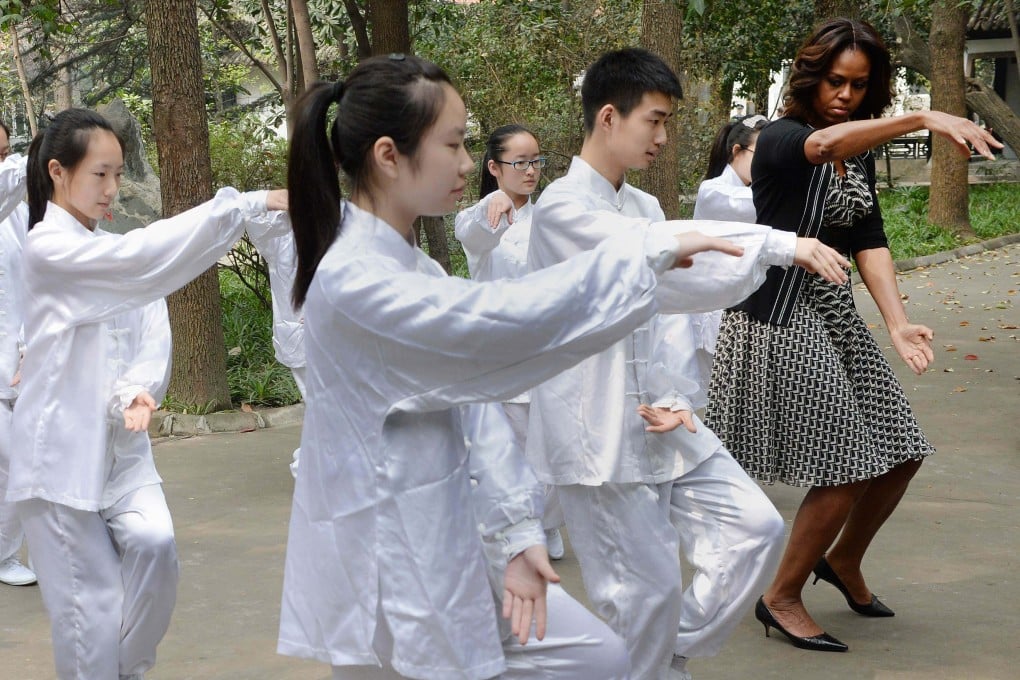Advertisement
Letters | Blaming the Chinese for Beijing’s flaws is not just lazy. It’s wrong
Readers discuss how to meet this moment in world history, and translation mishaps
Reading Time:3 minutes
Why you can trust SCMP
0

Feel strongly about these letters, or any other aspects of the news? Share your views by emailing us your Letter to the Editor at letters@scmp.com or filling in this Google form. Submissions should not exceed 400 words, and must include your full name and address, plus a phone number for verification
In the heat of rising tariffs and tough talk about China, it is more important than ever to distinguish between a government’s policies and a people’s humanity. The failure to do so not only clouds our judgment but risks deepening the fractures that diplomacy was built to heal.
Political tensions often produce more noise than clarity. United States President Donald Trump asserted in a recent interview that tariff negotiations with China were under way, and even that Chinese President Xi Jinping had called him personally. Yet almost immediately, China’s Foreign Ministry issued a sharp rebuttal: “The US should stop creating confusion.”
My own understanding of China goes deeper than political headlines. During my studies at Emory University’s Candler School of Theology, I encountered ancient Chinese teachings that reshaped my world view. For someone raised Baptist in a small town in upstate New York, philosophies like Confucianism, Taoism and the Yinyang school were initially difficult to grasp. Yet their wisdom ultimately transformed how I see the world.
From the Yinyang school, I learned that all phenomena are products of opposing yet complementary forces. This challenged my ingrained assumptions about gender, power and life itself.
Confucius and his follower Mencius taught me to honour human relationships – with family, colleagues and community – not just out of sentiment but as moral obligations that sustain a just society.
Advertisement
Select Voice
Choose your listening speed
Get through articles 2x faster
1.25x
250 WPM
Slow
Average
Fast
1.25x